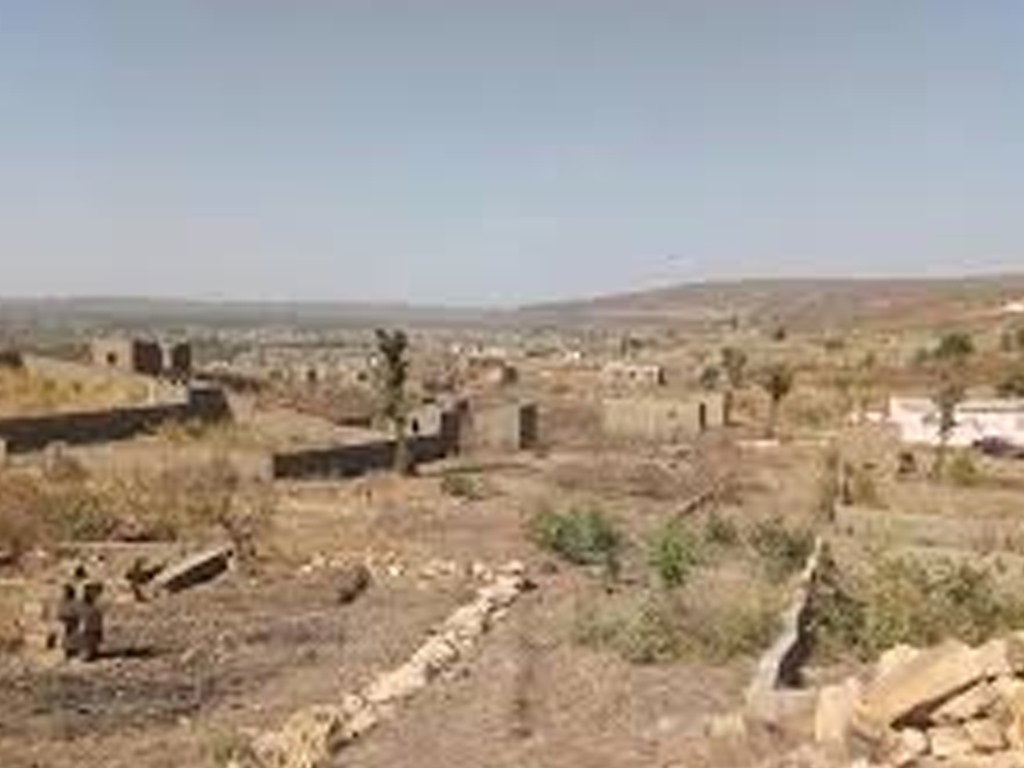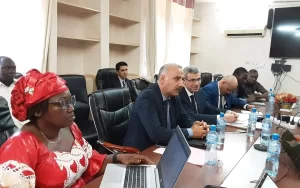Mali: Land reform/ Towards a modernised and transparent land management

Land management poses a significant challenge in Mali, where land issues have grown increasingly complex and contentious over time. The demand for land access is high in urban areas due to housing needs, while rural communities rely heavily on land for agriculture.
However, traditional land management methods have proven inadequate, leading to a surge in disputes, duplicate property titles, and illegal transactions.
To address these challenges, the Malian government has embarked on a land reform initiative aimed at modernizing and enhancing transparency in land management through digitalization.
This reform involves assigning a unique cadastral national identification number (NINACAD) to each parcel of land, facilitating the tracking of land transactions and ensuring the security of property rights.
By digitizing parcel information, it becomes easier to ascertain land status, legitimate ownership, and relevant documentation for each plot.
The digitalization of land records offers numerous benefits, including reduced corruption and fraud risks, streamlined administrative processes for land transactions, and accurate delineation of parcel boundaries.
Furthermore, it helps safeguard the land rights of local communities and fosters a secure environment for real estate investments.
In conjunction with these efforts, awareness programs and capacity-building initiatives, such as the Land Rights Security Week, bring together public and private stakeholders to exchange best practices and promote an integrated approach to land management.
These collective endeavors aim to address the complexities of land tenure in Mali and create a more efficient and transparent land management system for sustainable development.
See also/ Mali/Diplomacy: The Presence of the Malian Ambassador in Saudi Arabia, A sign of the consolidation of bilateral relations
Titi KEITA











